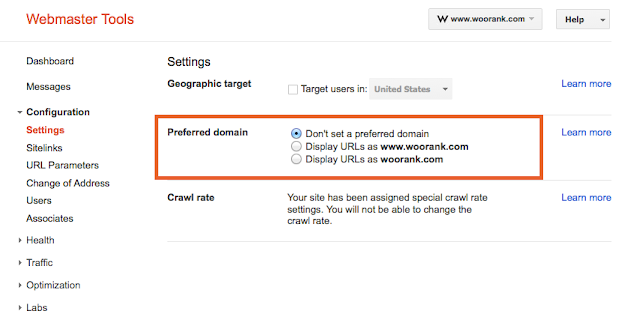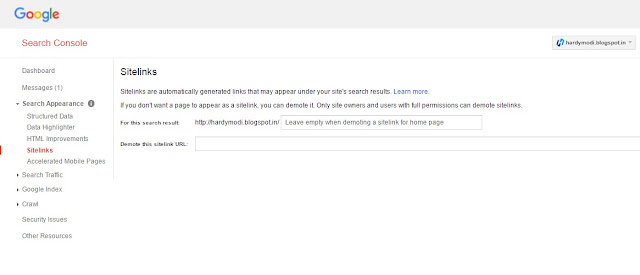You probably already know that Google uses about 200 ranking
factors in their algorithm… But
what the heck are they?


Well
today You will get to know all of them because I will explain all the factors in this series of "Google's 200 Ranking Factors".
Some
are proven. Some
are controversial & Others
are SEO nerd speculation But they’re all here.
- Domain Factors
- Page-Level Factors
- Site-Level Factors
- Backlink Factors
- User Interaction
- Social Signals
- Brand Signals
- On-Site WebSpam Factors
- Off Page WebSpam Factors
Now let's start with the "DOMAIN FACTORS" in this Google's 200 Ranking Factors : The Complete List Part - 1
"DOMAIN FACTORS"
1. Domain Age :-
Matt cutts states that “The difference between a domain that’s six months
old versus one year old is really not that big at all.”
In other words, they consider the domain age but its not very important.
In other words, they consider the domain age but its not very important.
2. Keywords appears in Top level Domain :-
Doesn’t give the boost that it used to, but having your keyword in the
domain still acts as a relevancy signal. After all, they still bold keywords
that appear in a domain name.
3. Keyword as first word in Domain :-
A domain that starts with their target keyword has an edge over sites
that either don’t have the keyword in their domain or have the keyword in the
middle or end of their domain.
4. Domain Registration Length :-
A Google states that “Valuable (legitimate) domains are often paid for
several years in advance, while doorway (illegitimate) domains rarely are used
for more than a year. Therefore, the date when a domain expires in the future
can be used as a factor in predicting the legitimacy of a domain”
5. Keyword in sub-domain Name :-
Moz’s 2011 panel agreed that a keyword appearing in the sub-domain can
boost rankings.
6. Domain History :-
A site with volatile ownership (via whois) or several drops may tell
Google to “reset” the site’s history, negating links pointing to the domain.
7. Exact Match Domain :-
Matt cutts states that "Small upcoming Google algorithm change will reduce low quality 'Exact match' domains in search results."
8. Public vs Private Whois :-
Private Whois information may be a sign of “something to hide”.
Matt cutts is quoted as stating in 2006 : “When I checked the whois on them, they all had “whois privacy protection service” on them. That’s relatively unusual. Having whois privacy turned on isn’t automatically bad, but once you get several of these factors all together, you’re often talking about a very different type of webmaster than the fellow who just has a single site or so.”
Matt cutts is quoted as stating in 2006 : “When I checked the whois on them, they all had “whois privacy protection service” on them. That’s relatively unusual. Having whois privacy turned on isn’t automatically bad, but once you get several of these factors all together, you’re often talking about a very different type of webmaster than the fellow who just has a single site or so.”
9. Penalized Whois Owner :-
If Google identifies a particular person as a spammer it makes sense
that they would scrutinize other sites owned by that person.
10. Country TLD Extension :-
Having a Country Code Top Level Domain (.aus, .in, .uk, .us) helps the site
rank for that particular country…but limits the site’s ability to rank
globally.


























